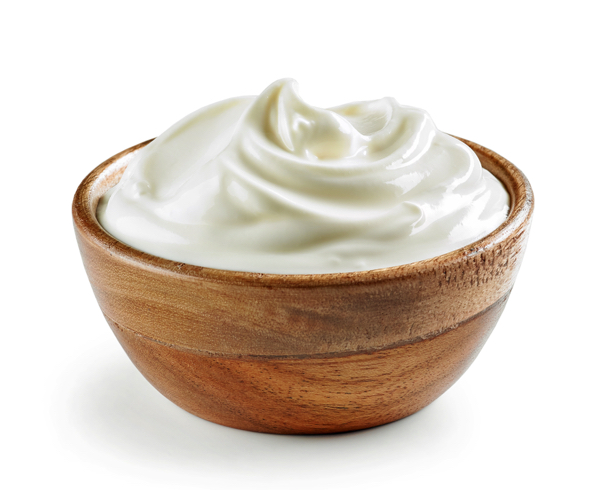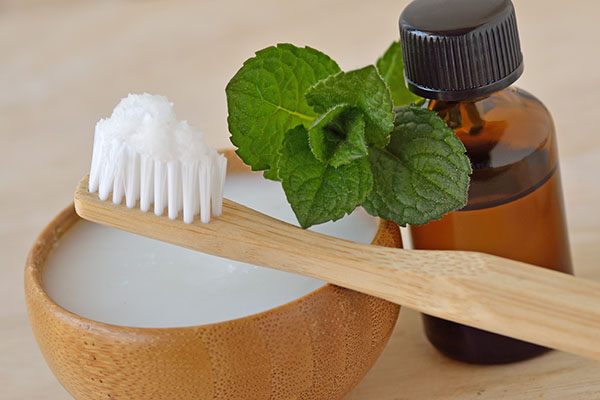Embracing integrative medicine: A new era of holistic health
08/17/2025 / By Kevin Hughes

- Dr. Andrew Weil’s holistic approach merges conventional and alternative medicine, focusing on treating the whole person – physical, psychological and spiritual – rather than just symptoms.
- Lifestyle interventions (exercise, diet, stress management) can prevent or delay conditions like prediabetes and diabetes, emphasizing whole foods and glycemic awareness.
- Dr. Weil discourages anti-aging hormones (e.g., DHEA, hGH) due to cancer and heart risks, advocating diet, exercise and social connections for longevity.
- Psoriasis management includes sunlight, omega-3s and natural therapies (oatmeal baths, aloe vera, acupuncture), highlighting non-invasive healing.
- Advance care directives, hospice options, pain control and emotional closure (storytelling, forgiveness) are key to dignified end-of-life care.
In a world where healthcare is often synonymous with sterile environments and quick fixes, a quiet revolution is underway. Inspired by Dr. Andrew Weil’s seminal work, “Self Healing: Creating Natural Health for Your Body and Mind,” the concept of integrative medicine is reshaping the landscape of health and wellness. This approach, which combines the best of conventional and alternative medicine, is not just a trend but a fundamental shift towards a more holistic understanding of health.
The seeds of this movement were sown in 1997 when Dr. Weil’s Program in Integrative Medicine at the University of Arizona opened its first outpatient clinic. Unlike traditional clinics, this facility featured upholstered furniture, hardwood floors and fresh flowers, creating an atmosphere of comfort and healing. But the real innovation lay in its approach. Integrative medicine focuses on the whole person – physical, psychological and spiritual – rather than just treating symptoms.
This approach is not just a philosophical shift; it is driven by consumer demand. Today, dozens of integrative medicine clinics across the country offer a range of services, from acupuncture and massage to nutritional counseling and mind-body therapies. These clinics emphasize lifestyle measures and preventive self-care, empowering patients to take an active role in their health.
One of the key areas where integrative medicine shines is in the prevention and management of chronic conditions. Take prediabetes, for example. This condition, affecting millions of Americans, is a warning sign that blood sugar levels are higher than normal but not yet high enough to be diagnosed as diabetes. The good news is that with early lifestyle interventions, the onset of type 2 diabetes can be prevented or delayed.
Dr. Weil emphasizes the importance of exercise, recommending at least 30 minutes of brisk walking, swimming or cycling five times a week. Weight loss is also crucial, as even a small reduction in body weight can significantly lower the risk of diabetes. Diet plays a key role as well. Dr. Weil advises becoming familiar with the glycemic index, which ranks how quickly foods raise blood sugar levels. Focusing on whole, unprocessed foods like fresh fruits and vegetables, whole grains and fish can make a significant difference.
As the colder months approach, staying active indoors becomes a priority. Dr. Weil suggests investing in basic fitness equipment like a jump rope, resistance bands and a stability ball. These items are affordable and versatile, allowing for a full-body workout at home. Exercise videos for yoga, tai chi, or Pilates are also recommended. For those looking for a space-saving option, a rowing machine provides a great workout and is gentle on the joints.
In the realm of anti-aging, Dr. Weil offers a cautionary perspective on the use of hormones. He is skeptical about the idea of using hormones like DHEA and human growth hormone (hGH) to reverse or prevent aging. These hormones, while touted for their benefits, come with potential risks, including increased chances of hormonally driven cancers and heart disease. Instead, Dr. Weil advocates for lifestyle factors such as diet, exercise and stress management as the keys to healthy aging.
Another critical aspect of health highlighted by Dr. Weil is the importance of social connections. Research shows that strong relationships with family and friends can boost the immune system, lower blood pressure and increase lifespan. Dr. Weil encourages nurturing these connections through spending time with loved ones, joining clubs or support groups, or volunteering in the community.
For those dealing with psoriasis, a chronic skin condition, Dr. Weil offers several strategies to manage symptoms and promote healing. Regular exposure to sunlight can slow down the rapid turnover of skin cells. Incorporating omega-3 fatty acids into the diet, either through foods like salmon and walnuts or by taking fish-oil supplements, is also beneficial. Other natural remedies such as oatmeal baths, aloe vera gel and acupuncture may provide additional relief.
Finally, Dr. Weil addresses the often-avoided topic of end-of-life care. He emphasizes the importance of understanding one’s illness, controlling pain and planning ahead with advance directives. Exploring hospice care, which offers an integrative approach to end-of-life care, is also recommended. The power of storytelling and forgiveness in finding peace and closure is not to be underestimated.
Dr. Weil’s insights remind us that health is a multifaceted journey. By embracing integrative medicine, making informed lifestyle choices and nurturing our social connections, we can take charge of our well-being and lead healthier, more fulfilling lives. As we navigate the complexities of modern healthcare, these principles offer a beacon of hope and a path to true healing.
Watch this video about Dr. Andrew Weil’s book, “Self Healing: Creating Natural Health for Your Body and Mind.”
This video is from the BrightLearn channel on Brighteon.com.
Sources include:
Submit a correction >>
Tagged Under:
acupuncture, alternative medicine, blood pressure, DHEA, diabetes, Dr. Andrew Weil, exercise, healthcare, HGH, immune system, integrative medicine, omega 3, Prediabetes, preventive self-care, psoriasis, social connections, stress management, sunlight, wellness
This article may contain statements that reflect the opinion of the author




















